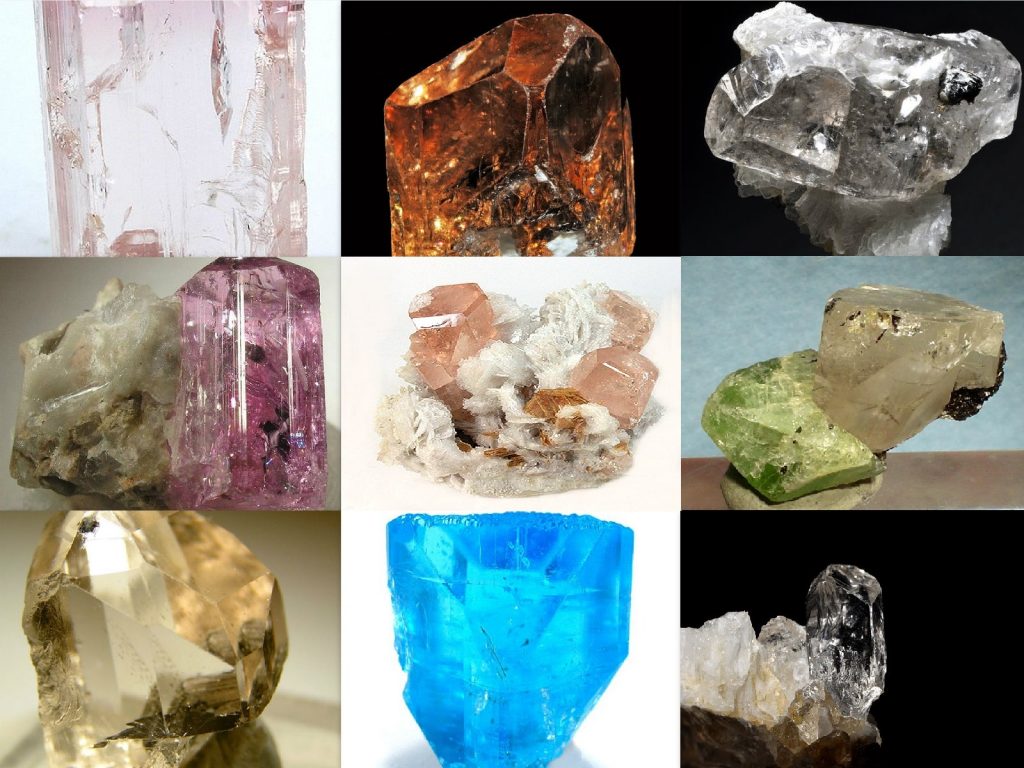The Dominance of a Nation: Unveiling the Global Rare Earth Minerals Market
3 min read
Rare earth minerals, a group of seventeen elements crucial for various high-tech industries, have become a focal point in the global economy. These minerals are essential for the production of smartphones, electric vehicles, renewable energy technologies, and defense systems. In recent years, one country has emerged as the dominant player in the rare earth minerals market, accounting for a staggering 95% of global production. In this article, we will delve into the fascinating world of rare earth minerals and explore the country that holds the key to their supply.
The Rise of Rare Earth Minerals:
Rare earth minerals, despite their name, are not actually rare in terms of abundance in the Earth's crust. However, they are typically found in low concentrations and are challenging to extract and refine. The demand for these minerals has skyrocketed in recent decades due to technological advancements and the shift towards a greener economy. As a result, the global rare earth minerals market has become highly competitive, with countries vying for control over this valuable resource.
The Global Rare Earth Minerals Market:
While several countries possess rare earth mineral deposits, one nation stands head and shoulders above the rest in terms of production and supply. China, often referred to as the "rare earths powerhouse," currently dominates the global market, accounting for an astounding 95% of worldwide production. This significant market share has granted China immense influence over the global supply chain, making it a critical player in various industries.
Factors Contributing to China's Dominance:
China's dominance in the rare earth minerals market can be attributed to several key factors. Firstly, the country possesses vast reserves of these minerals, estimated to be around 44 million metric tons. This abundance of resources provides China with a significant advantage in meeting global demand. Secondly, China has invested heavily in the development of mining and processing technologies, allowing for efficient extraction and refining processes. Additionally, the country benefits from lower labor and production costs, further solidifying its competitive edge.
Implications for Global Industries:
China's near-monopoly on rare earth minerals has far-reaching implications for global industries. The heavy reliance on a single country for such a critical resource raises concerns about supply chain vulnerabilities and geopolitical risks. Any disruption in the supply of rare earth minerals from China could have severe consequences for industries heavily dependent on these elements. As a result, countries and companies worldwide are actively seeking ways to diversify their supply chains and reduce their dependence on a single source.
Conclusion:
The dominance of China in the global rare earth minerals market is undeniable. With a staggering 95% share of global production, the country holds immense power and influence over various industries. However, the heavy reliance on a single nation for such a critical resource raises concerns about supply chain vulnerabilities. As the demand for rare earth minerals continues to grow, it becomes increasingly crucial for countries and companies to explore alternative sources and develop sustainable practices. Only through diversification and collaboration can we ensure a stable and resilient supply of rare earth minerals for the future.
